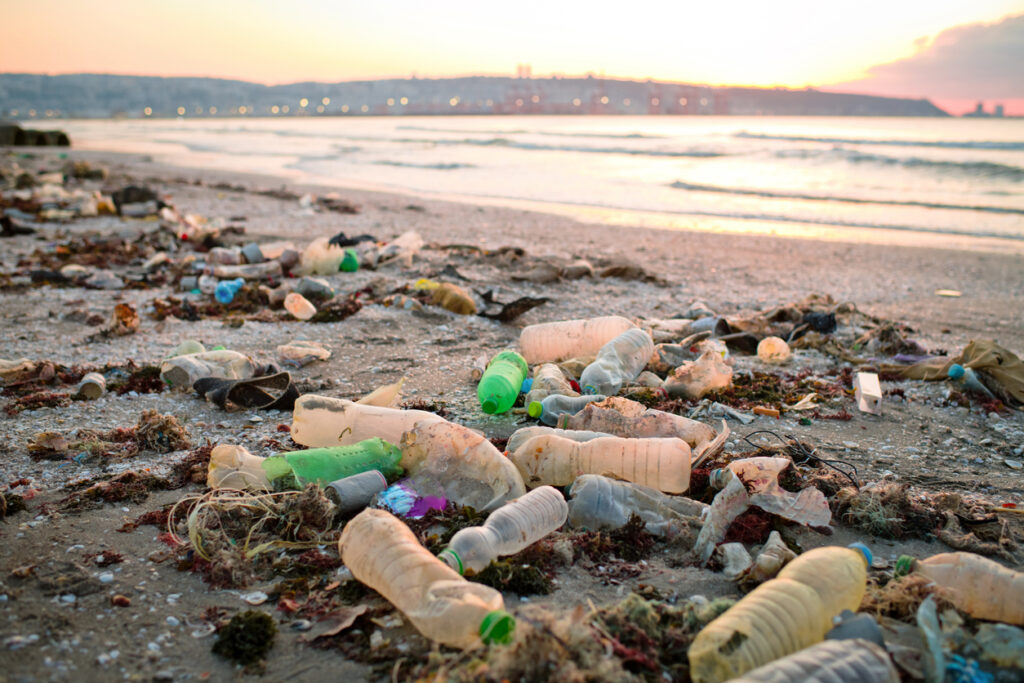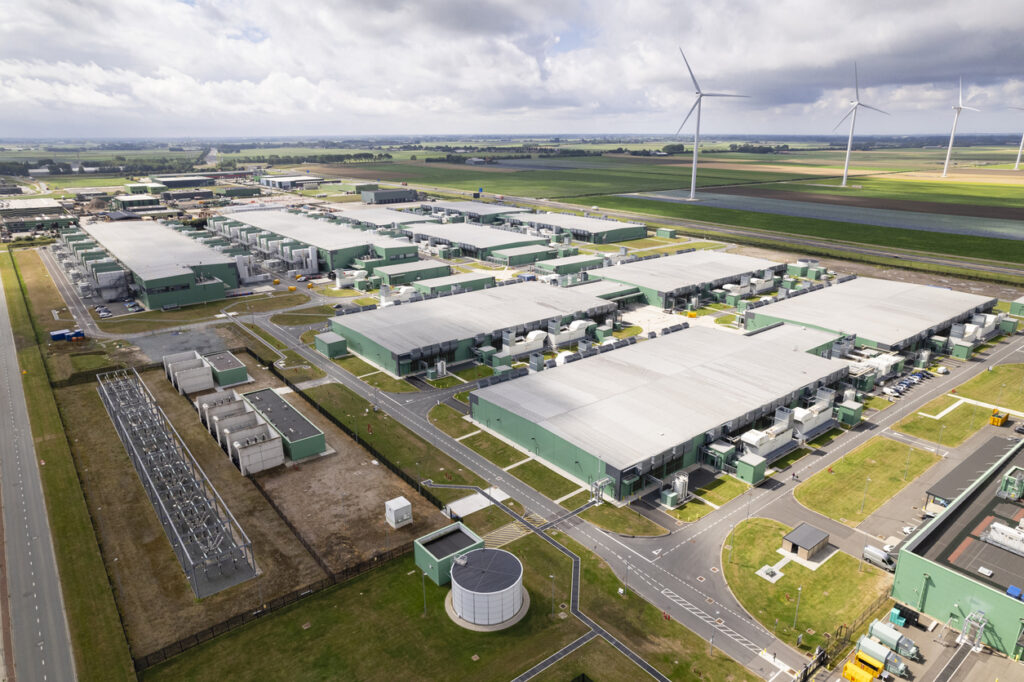Plastic pollution has been a significant environmental challenge, and over the years, the UK government has introduced a range of legislative measures including the extended producer responsibility scheme, Deposit Return Scheme, Plastic Packaging Tax, the plastic carrier bag charge, and the upcoming ban on plastic wet wipes, all of which aimed at reducing plastic waste and encouraging more sustainable practices.
Extended producer responsibility for packaging
On the 1 October 2025, the extended producer responsibility for packaging (EPR) regime came into force. Grounded in the ‘polluter pays’ principle, EPR shifts the financial burden of dealing with household waste packaging (for example commonly binned packaging items like milk bottles, yoghurt pots and food tubs) from taxpayers and local authorities to packaging producers.
EPR requires large producers to pay the full cost of dealing with their household packaging waste – an obligation that was not provided under the earlier Producer Responsibility Obligations (Packaging Waste) Regulations 2007 (PRO 2007 Regulations). A large producer under the EPR is an entity which in any relevant year has an annual turnover of more than £2 million and has supplied more than 50 tonnes of packaging in the UK.
EPR financial obligation is enforced by requiring large producers to pay a disposal fee based on the costs incurred by local authorities in collecting and managing household packaging waste. The amount of disposal fees a producer pays depends on factors such as how much packaging they supply, the type of packaging materials they supply (namely plastic, aluminium, fibre-based composite materials, glass, paper or board, steel, wood or other materials), and if the packaging material is recyclable or not. From 2026, disposal fees will be modulated using the recyclability assessment methodology, allowing producers to pay less for sustainable packaging thereby incentivising use of packaging materials that are easier to recycle.
Similarly, under the PRO 2007 Regulations, large producers are required to fulfil their annual recycling targets under the EPR. This is attained by meeting the recycling obligations for each of the packaging materials it supplies through obtaining packaging recycling notes (PRNs) or packaging export recycling notes (PERNs) from accredited reprocessers and exporters.
Deposit Return Scheme
As part of the government’s work to increase producer responsibility for packaging, a Deposit Return Scheme (DRS) is due to be introduced on 1 October 2027 in England and Northern Ireland. Under the DRS, a consumer supplied with a drink in a single-use container made of polyethylene terephthalate plastic, steel or aluminium pays a deposit to the supplier. If a person returns the container to a designated return point they will be entitled to receive a refund for the deposit.
Plastic Packaging Tax
The government also introduced Plastic Packaging Tax (PPT) on plastic packaging with less than 30% recycled content from 1 April 2022, meaning plastic packaging components containing 30% or more recycled plastic are not chargeable for PPT purposes.
A business is required to register for the PPT if it expects to import into the UK, or manufacture in the UK, 10 tonnes or more of finished plastic packaging components in the next 30 days, or it has imported into the UK or manufactured in the UK, 10 tonnes or more of finished plastic packaging components in the last 12 months.
Plastic wet wipes ban
On 16 September 2025, the draft Environmental Protection (Wet Wipes Containing Plastic) (England) Regulations 2025 were laid before parliament for approval. These regulations make it an offence to supply or offer to supply, single-use wet wipes containing plastic to consumers in England.
There are exemptions for pharmacies, medical purposes and supply to businesses or local authorities.
The ban will come into force in England 18 months after the new regulations are enacted, which is expected to be March 2027. In Wales, the ban has received parliamentary approval and will come into force in December 2026.
Plastic carrier bag charge
Retailers in the UK continue to charge a fee for plastic carrier bags provided to customers pursuant to The Single Use Carrier Bags Charges Order. In England, Scotland and Wales a 10p charge applies per bag and retailers are encouraged to donate proceeds to good causes. In Northern Ireland, a 25p charge applies and proceeds must go to the Department of Agriculture, Environment and Rural Affair.
How we can help
The UK’s evolving plastic policies demonstrate a growing commitment to addressing plastic pollution through robust domestic legislation, with a focus on building a sustainable, circular economy to reduce plastic pollution.
If you would like assistance to review the contractual implications of EPR to your business, or any further information on the referenced regulations, our experienced team of regulatory solicitors in our energy team are in hand to assist.










